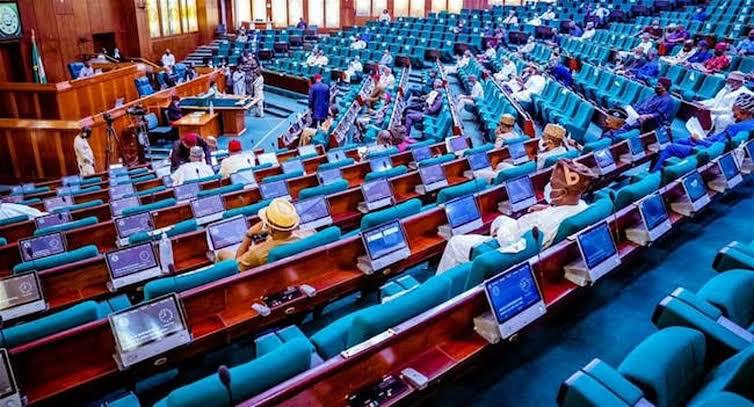At a time when many Nigerians are grappling with the harsh realities of an economic crisis, the recent decision by the House of Representatives to purchase cars worth N160 million each for all 360 members is a stark reminder of the misplaced priorities within the country’s political establishment. This move is not only insensitive but also out of touch with the everyday struggles of the Nigerian people.
The economic challenges facing Nigeria are not a secret. High inflation rates, rising unemployment, and a weakening currency have taken a toll on the average citizen’s quality of life. Necessities like food, healthcare, and education have become increasingly unaffordable for a significant portion of the population. The government’s primary focus should be to alleviate the suffering of the people and to chart a path towards economic recovery. However, the decision to spend such a colossal sum on luxury vehicles for lawmakers sends a troubling message.
These cars, priced at N160 million each, are a luxury that few Nigerians can even dream of affording. When a significant portion of the population is struggling to put food on the table and access proper healthcare, such extravagant expenses by elected officials are simply indefensible. It raises questions about the priorities of the House of Representatives and their commitment to the welfare of the citizens who elected them to serve.
These vehicles will be costing Nigerians about N57.6 billion and this is happening at a time when the government claims it cannot afford to increase the national minimum wage of N30,000 monthly to workers. As things stand, inflation is likely to hit 30 per cent by December. Yet, all they are concerned about is the comfort of a privileged few who found themselves in public office.
Political class detached from common Nigerians
In a nation where the gap between the political elite and the average Nigerian continues to widen, this decision further erodes trust in the government. It reinforces the perception that the political class is detached from the daily realities of the people they represent. While lawmakers need to have functional tools for effective representation, ostentatious vehicles are an unnecessary extravagance that should be reconsidered.
Why not purchase those cars from Nigeria? Brands like Innoson, Nords, Pro-Force and others produce high-end vehicles, including SUVs. However, it seems Nigerian lawmakers consider them beneath their status.
The Nigerian House of Representatives must recognise that they are public servants first and foremost. They must address the needs of the citizens who entrusted them with their votes. A more responsible use of public funds would be to prioritise investments in healthcare, education, infrastructure, and social welfare programs that can help lift people out of poverty and stimulate economic growth.
It is our trite submission that practices like appointing too many aides, hiring jets, first-class flight tickets, use of expensive vehicles, long convoys, hosting unnecessary events, sponsorship of pilgrimages, security votes, frequent travels, funding of First Ladies, donations to political parties, funding of unnecessary projects should be stopped.
Lawmakers must lead by example, displaying fiscal responsibility and empathy for the plight of the Nigerian people. This extravagant purchase sends a message that is at odds with the nation’s current economic challenges and widespread suffering. Investing these funds toward initiatives that truly benefit the Nigerian people would have been wiser.
RMFAC cautions
The Revenue Mobilisation and Allocation Committee (RMFAC) has cautioned that when the cost of government operations (recurrent expenditure) significantly outweighs the percentage allocated to capital expenditure, it results in a reduction of funds available for other critical sectors. The commission has expressed concern that the cost of governance in Nigeria is exceptionally high and is not a sustainable practice.
The commission thus recommended strict adherence to budgets, reduction in several political appointees, making political offices less financially attractive, the merger of ministries and agencies that perform similar functions and stoppage of provision of houses and vehicles to officers whose allowances have been monetised as ways to reduce the cost of governance.
In these trying times, unity, empathy, and responsible governance are what the people of Nigeria need most. It is time for our elected representatives to show their commitment to the well-being of the nation by addressing the urgent needs of the people, rather than indulging in luxury at their expense.
This is the time to collate all the reports and recommendations on trimming down the bloated public expenditure of the government. The Federal Government should demonstrate the political will to implement those recommendations at a time when the masses have been called upon to make painful sacrifices in the aftermath of fuel subsidy removal. The new government must also cut down on borrowings because the weight of public debt on the country has become unbearable.
